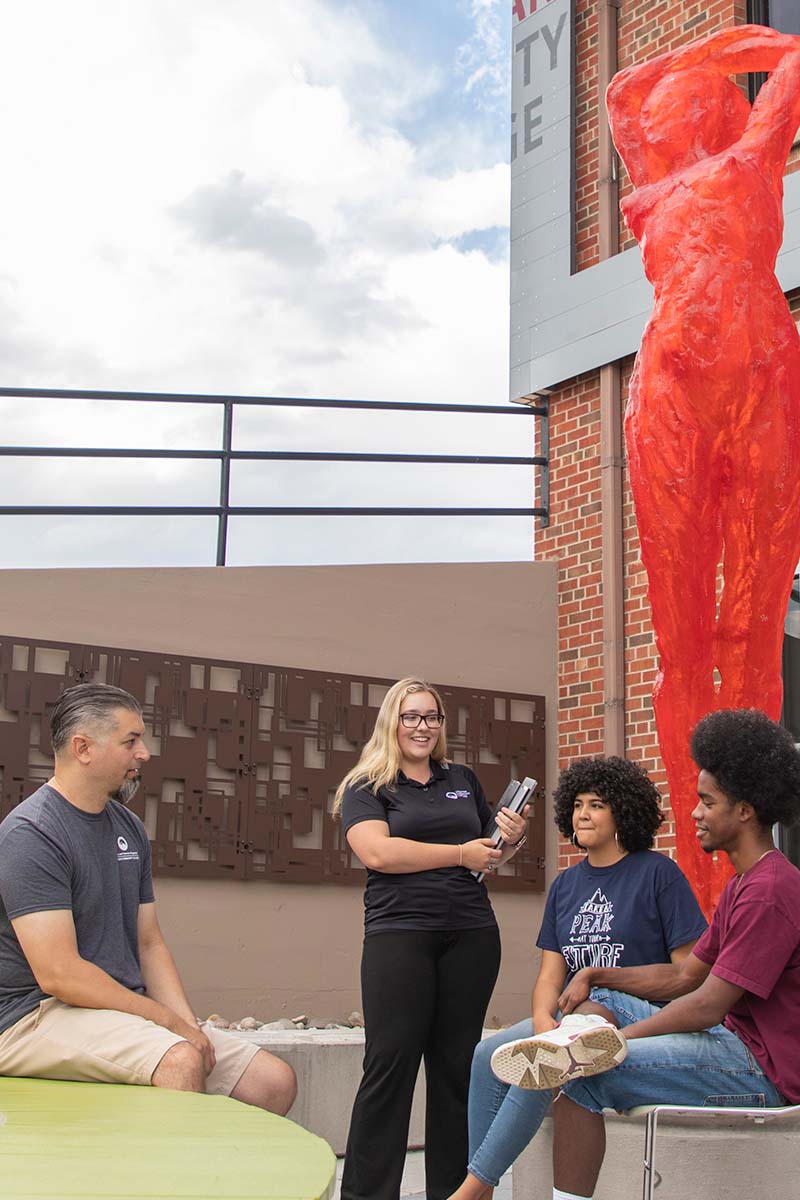Home > Student Life and Resources > Counseling Center > Counseling Center Resources
Whether you are concerned about yourself, a family member or friend, or a student
on campus, or you are looking for some resources to guide your own process, we are
here to offer you support!
For Emergencies
If you or someone you know is in danger of harming themselves or someone else, IMMEDIATELY
call 911 or go to the nearest hospital emergency room.
If you are on a PPSC campus, call Campus Police at 502-2900.





|
Assessing your readiness for dating: |
|
|
Taking Off the Cape: Overcoming Superwoman Syndrome |
|
|
|
